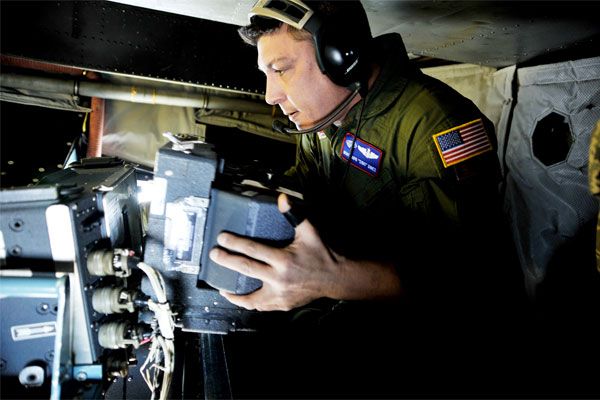Where is PETA when you need them.
When we think of drones, we still often think primarily of their military uses, despite the fact that they’re increasingly becoming a part of our everyday lives. Drones serve an impressive range of roles in the military, commercial, public, and civilian sectors. They’re also becoming more and more affordable and accessible. If you’ve been to an open-air event with a decent crowd lately, there was probably at least one person there flying their personal drone around, taking aerial footage to upload to social media.
As something becomes more common, we tend to find more creative purposes for it. And there are definitely some people out there getting creative with drones, for better or for worse.





